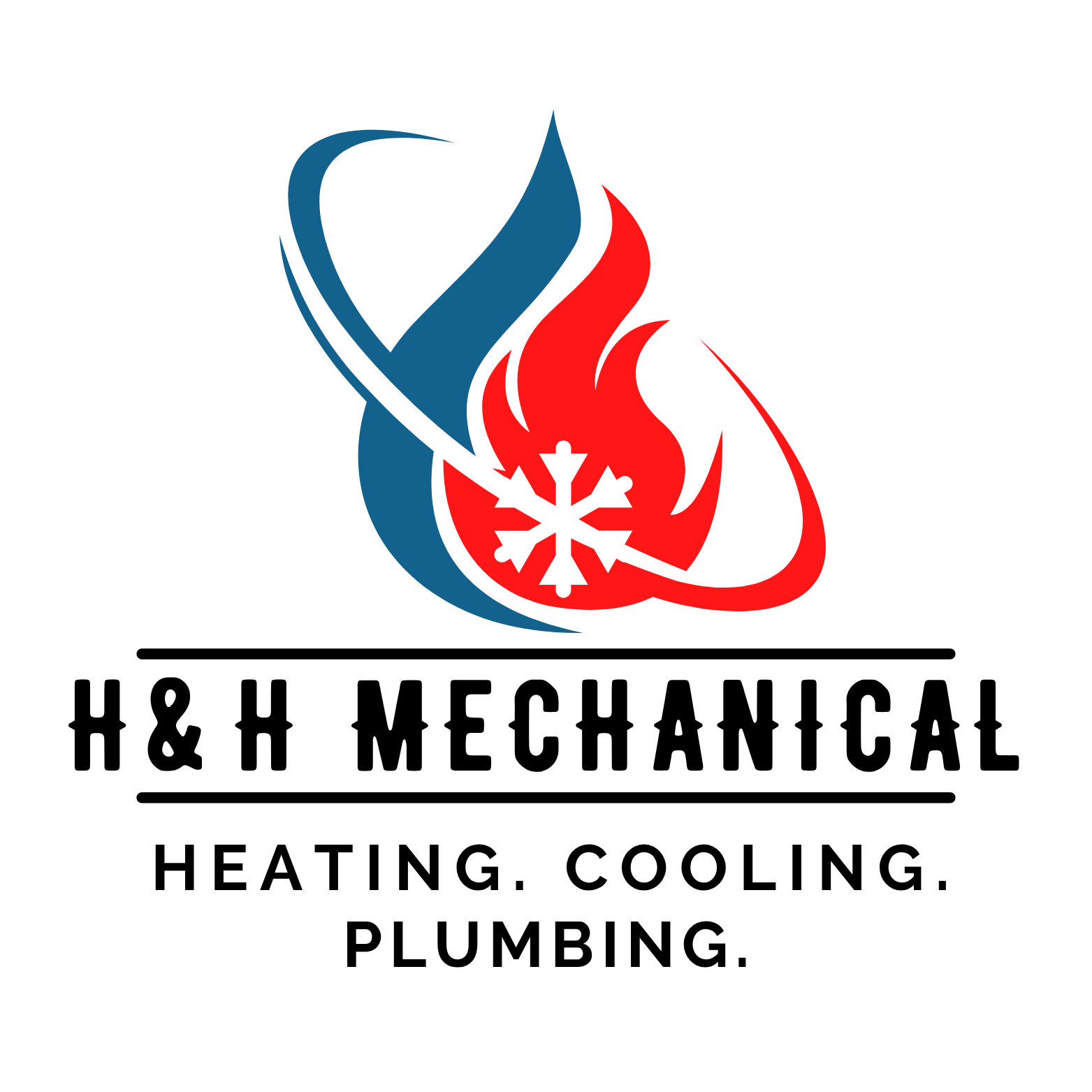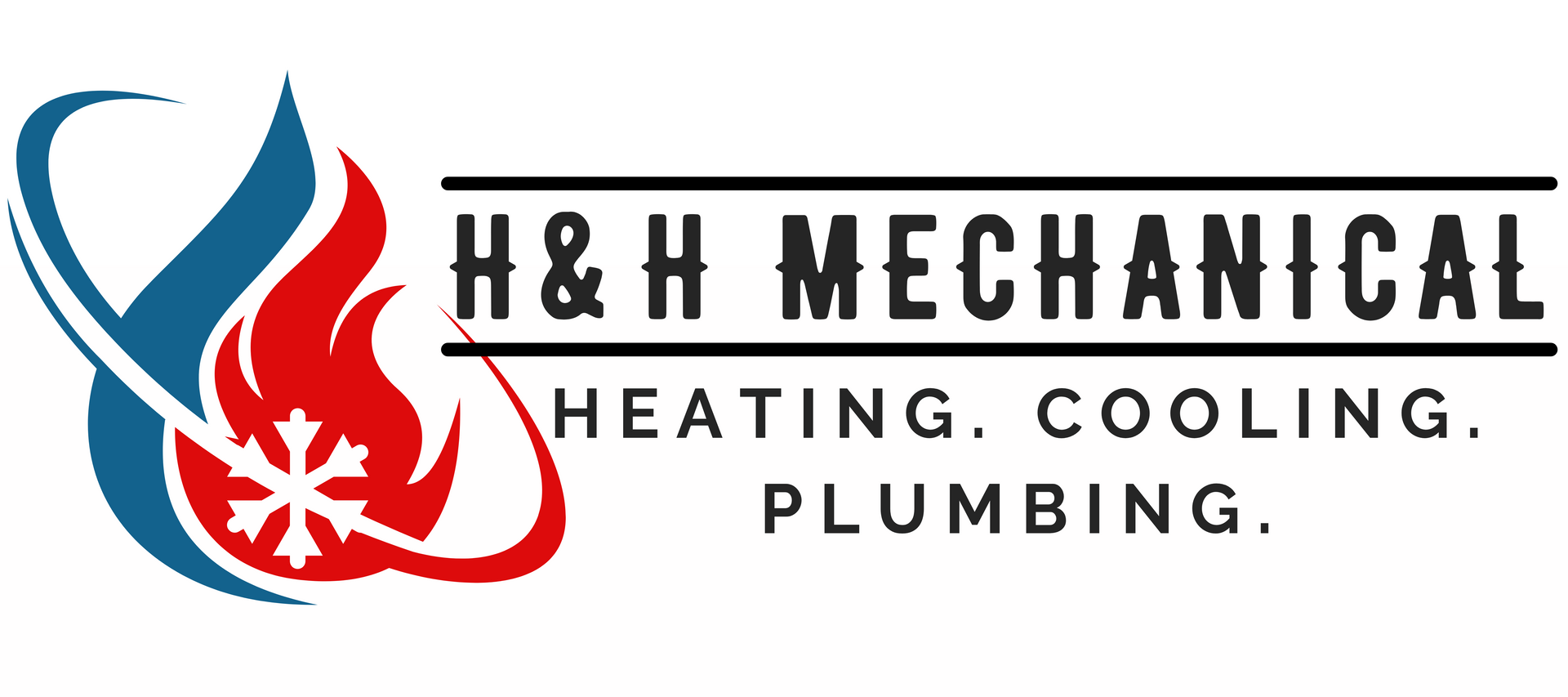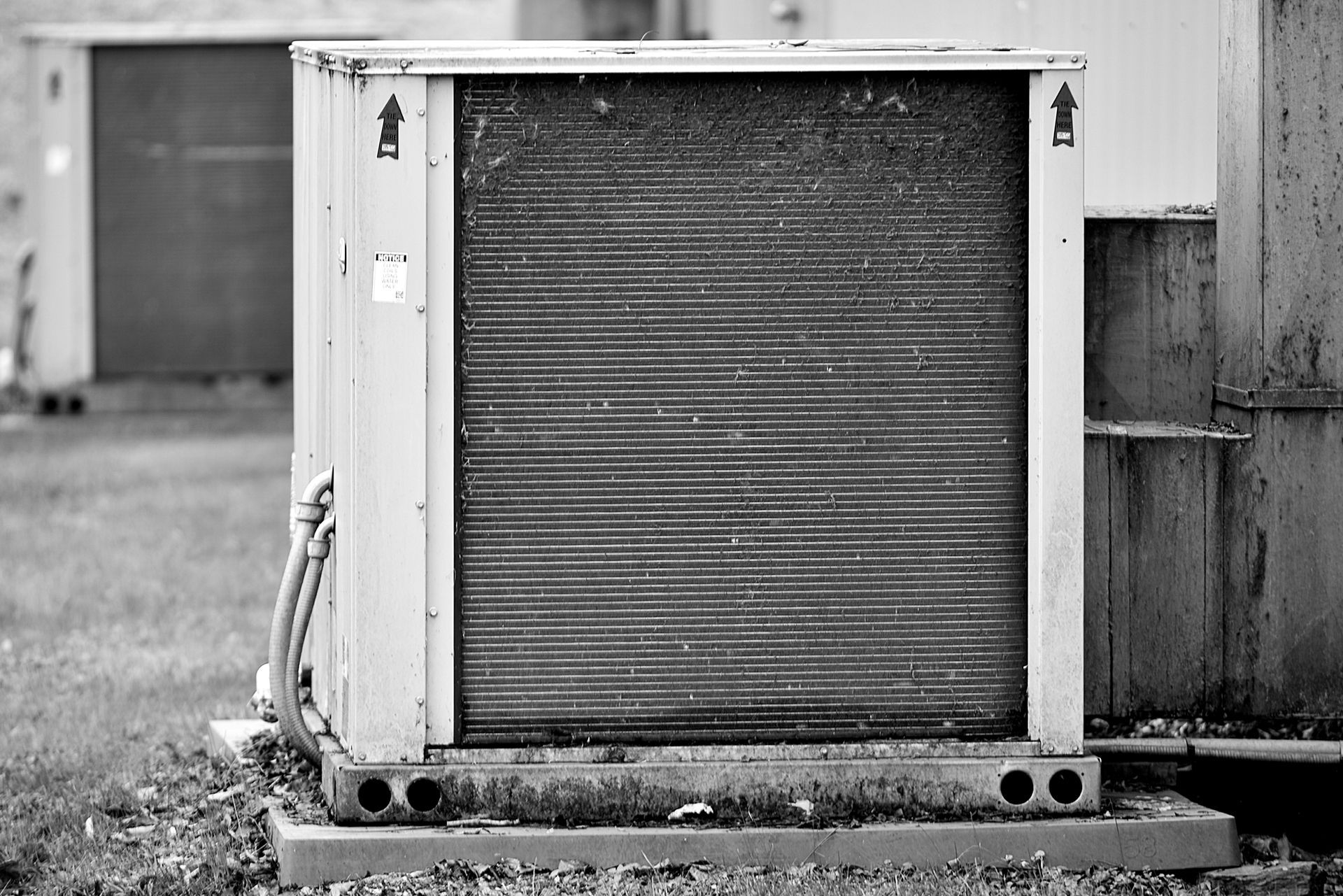The Essential Guide to HVAC Systems: Everything You Need to Know About Keeping Your Home Comfortable
Introduction: What is an HVAC System, and How Does it Work?
Have you ever wondered how your home stays warm in the winter and cool in the summer? The answer lies in an HVAC system. HVAC stands for Heating, Ventilation, and Air Conditioning, and it is a system that regulates the temperature of your home. It works by combining heating and cooling systems to keep your home comfortable all year round. An air conditioning unit is responsible for cooling down the air while a furnace heats it up. The air is then circulated through ducts throughout your house so that every room can be kept at a comfortable temperature.
So next time you walk into a room and feel just the right amount of warmth or coolness, remember that it’s thanks to an HVAC system!
Types of HVAC Systems & Their Benefits
HVAC systems are essential for providing comfortable temperatures in homes and businesses; with so many different types of HVAC systems available, it can be hard to know which one is the best choice. Fortunately, understanding the different types of HVAC systems and their benefits can help you make an informed decision. From split system HVAC to heat pump systems, each type of system has its own advantages that you should consider before making a purchase.
Split systems are like the air conditioner superheroes of the installation world: they save you from the heat (or cold!) with their superpower! Typical air conditioners are paired with an evaporator coil and furnace indoors, but there are also split systems with a single indoor and outside unit, these are called heat pumps. Heat pumps do not use gas to warm your home, but instead use electricity to pump heat from the outside into the inside of your home. Once it's in, it can be used to warm your home or cool your home. When you install a heat pump, the outdoor unit pulls heat from the outside environment and then distributes it through your home on its own. The indoor unit's job is to distribute that hot air around, according to your heating needs. That way, both units share the load of keeping your home warm at night or cool during the day.
Split systems are available in different sizes for all kinds of climates and residences. So no matter what you have going on in your life and family needs, there's a size to fit it! Give us a call to see what type of system is right for you.
Maintenance Tips for Your HVAC System - How to Keep it Running Smoothly
Keeping your HVAC system running smoothly is essential for a comfortable home. But, with so many different components of the system, it can be hard to know where to start. Fortunately, there are some simple maintenance tips that you can follow to help keep your HVAC system in top shape. From cleaning the coils to creating an AC maintenance checklist, these tips will help you ensure that your HVAC system is running at its best!
1. Cleaning the coils
Regularly cleaning your coils prevents dust from building up and creates a healthy environment for your HVAC system. Many people start cleaning their coils the moment they purchase a new heating or cooling system to get it ready for use, but you can also schedule routine cleanings to ensure that your system is working at its best.
2. Changing the filter
When it comes to your HVAC system, changing the filter is one of the easiest ways to maintain a healthy home. Many people forget about changing their filters regularly, but this can cause any number of problems for your system, from poor air flow to dirty breathing. Before long, you will find yourself struggling with performance issues!
3. Making an AC maintenance checklist
Taking an inventory of what needs regular attention on your HVAC system will help you stay ahead of any problems or issues that may arise in the future. This includes checking up on things like filters and air flow, and keeping tabs on any damage that may have occurred.

Common Issues With HVAC Systems & How to Troubleshoot Them
It's no secret that HVAC systems can be a bit temperamental. With the cost of repairs and maintenance, it's important to know how to troubleshoot common issues with them before calling in a professional.
Check the breaker
The south is a hotbed for electricity surges, thanks to the thunderstorms, never-ending rain & pine trees galore. It's a wonder we even get power during the majority of our days! As a southern girl, I'm thrilled to keep you in the loop… CHECK YOUR BREAKER… especially if there was a storm recently. Your HVAC system has multiple breakers and disconnects to make sure you're safe, but they are not always as powerful as you may think. If your HVAC system is running during an electrical surge and the electricity overloads your breaker, it will shut off the power to the unit to protect it!
Change the filter
A neglected filter can cause tons of issues in your humble abode; don't let that happen to you! A dirty air filter can cause your air to smell bad, your HVAC system to work harder to keep you comfortable, and in some circumstances your HVAC system can overheat and stop working all together.
Check your thermostat
Before you shiver your way through the winter, or break a sweat this summer, make sure you check your thermostat. It's important to keep track of its power source and if the batteries need to be changed. You'll also want to be sure it's set correctly for heating or cooling, so you don't end up with an uncomfortable temperature in your home!
We are here to help
H&H Mechanical is always here to help. If you have questions about how your system operates or are looking to replace your dinosaur in the attic, give us a call or send us a message, and we will gladly answer any questions you have.






